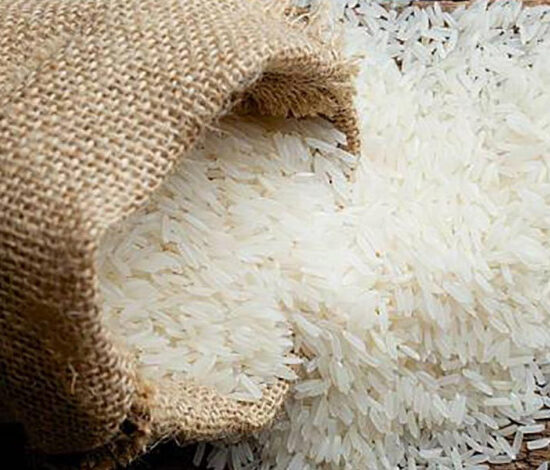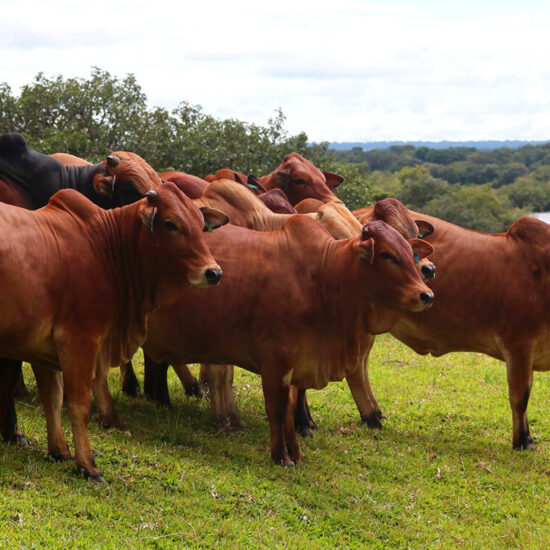
Bread prices on the market have continued to go up despite Zambia recording about 7% increase in wheat production this year. Consumers have complained of continued increase in essential commodity prices, with some price increases going over and above the Kwacha depreciation rate.
One would normally expect prices of bread to come down or remain stable when wheat production increases, the situation in Zambia is distorted owing to the rapid Kwacha depreciation and uncoordinated policies were the ministry of Agriculture and Livestock has continued to issue export permits even for produce that are in short supply within the country.
According to information obtained from the Zambia Statists Agency (ZamStats) by the Zambian Business Times – ZBT, Zambia’s wheat production has increased from 191,620 metric tonnes in 2020 to 205,882 metric tonnes in 2021.
Millers Association of Zambia – MAZ President Andrew Chintala in 2020 disclosed to ZBT that Zambia has a wheat deficit of around 120,000 metric tonnes, normally supplemented by imports. However, cutting the deficit has been a challenge as local farmers have struggled to undertake efficient wheat cultivation.
And Zambia Seed Company Limited (Zamseed) Director of Research Dr. Bhola Verma says the 7% increase in wheat production is phenomenal, as national yields do not change very much on annual basis.
Verma said on a countrywide basis, changes of more than 5% in wheat production do not usually occur adding that this change can be because of the favourable season experienced last year as unfavourable weather conditions also contributed to fluctuations in production in the previous years.
Speaking in an interview with the Zambian Business Times – ZBT, Verma said the 7% increase is an indication that with more concerted efforts, the country is capable of increasing its wheat production in the coming years.
He said the increase can also be attributed to an increased planted area and application of fertiliser among other important factors noting that farmers may sometimes plant bigger areas due to better prices offered for products.
Verma said the good rainfall that was experienced recharged water tables and dams across the country which can result in increased wheat production as availability of water can be a challenge sometimes due to low rainfall which leads to water tables not been recharged and this may result in low production because some farmers end up reducing the planting area.
He said the increase in production can be largely attributed to the good rainfall that was experienced which led to water tables been recharged and filling up of dams. Wheat is a winter crop that relies on irrigation and adequate water availability.
He mentioned that Zamseed developed two wheat varieties namely harrier and falcon, and farmers should consider using these seeds as they can contribute to increasing production due to their high quality.







